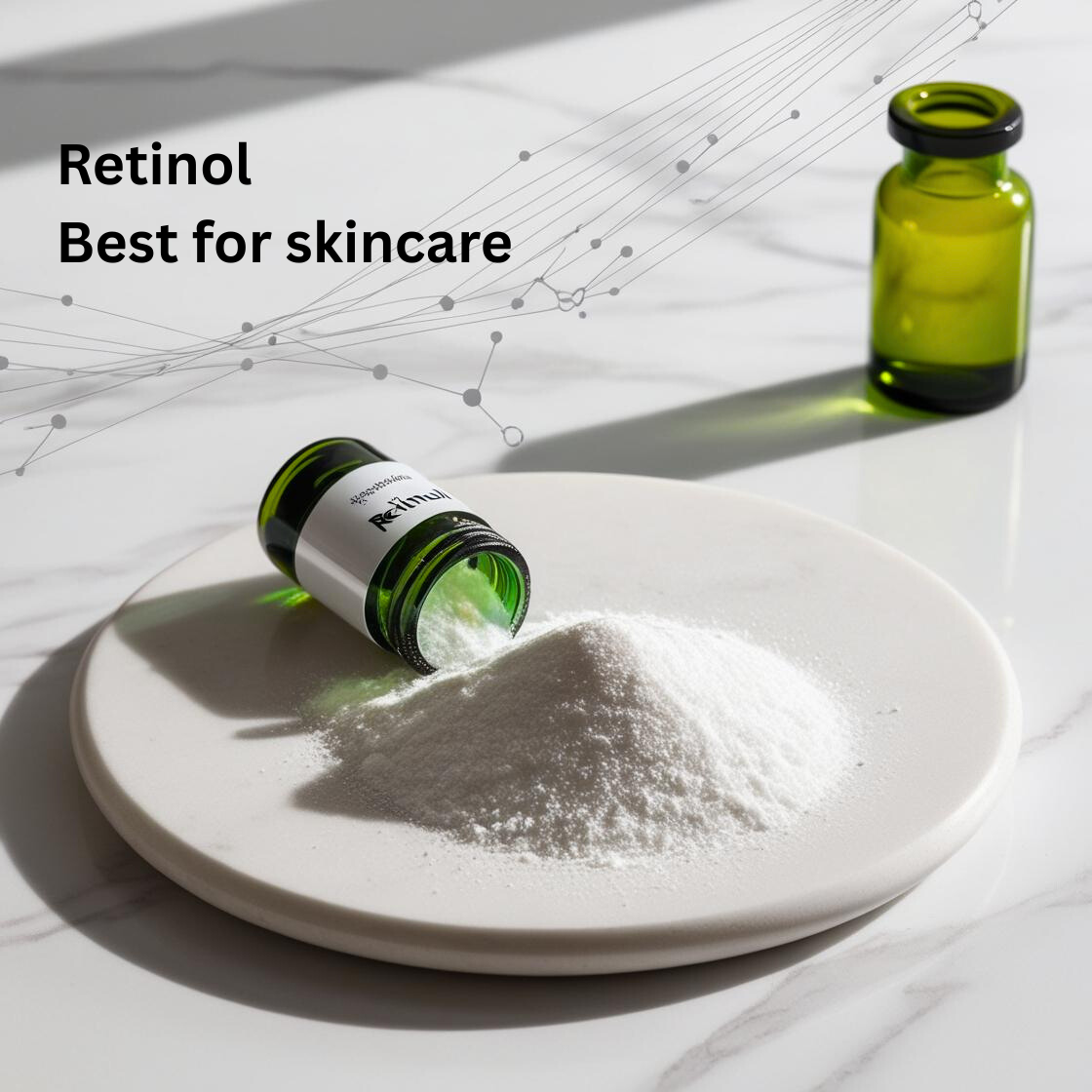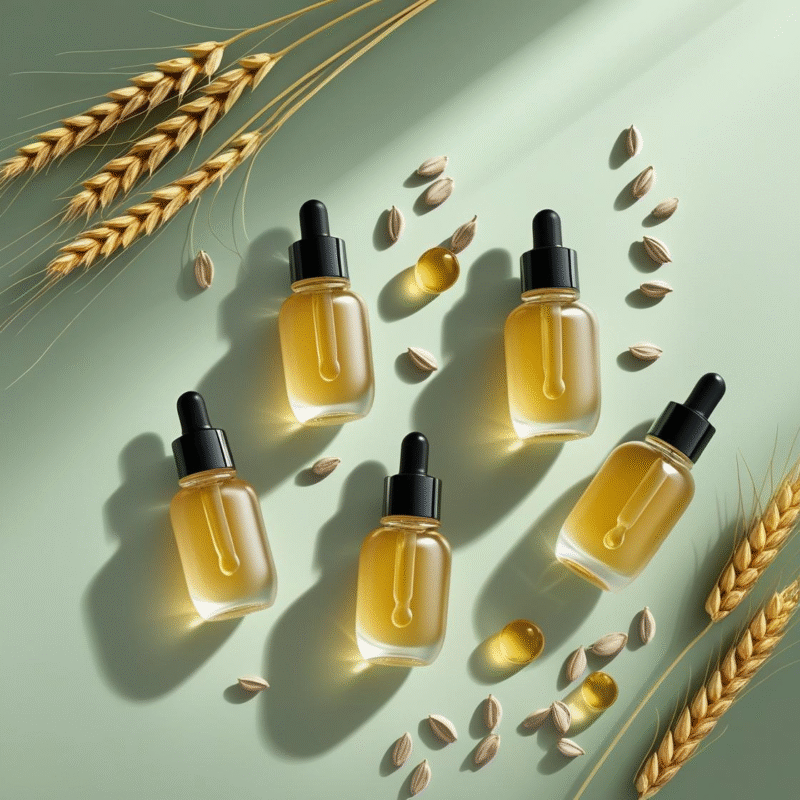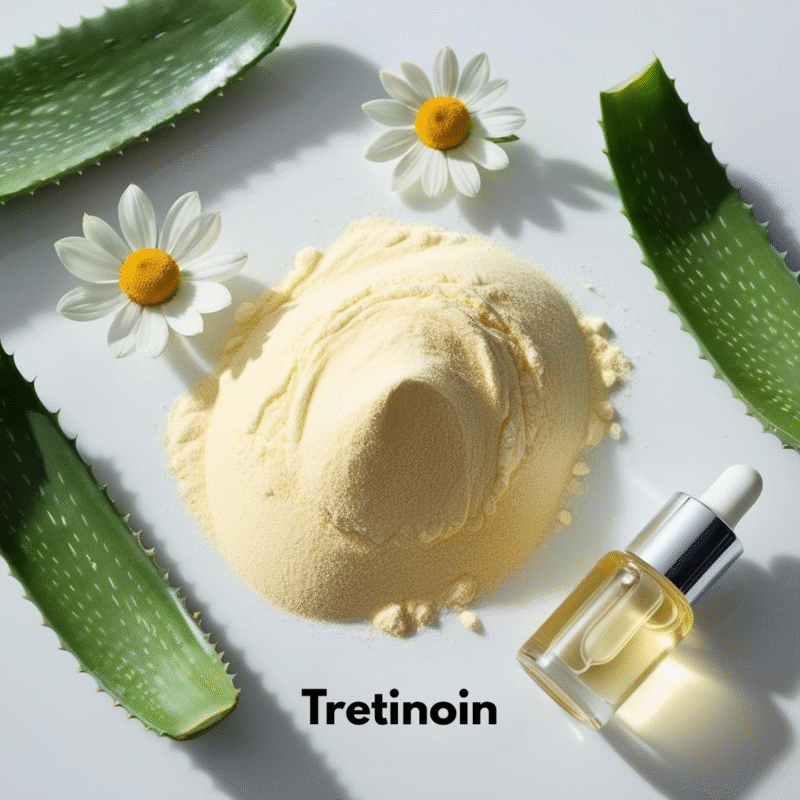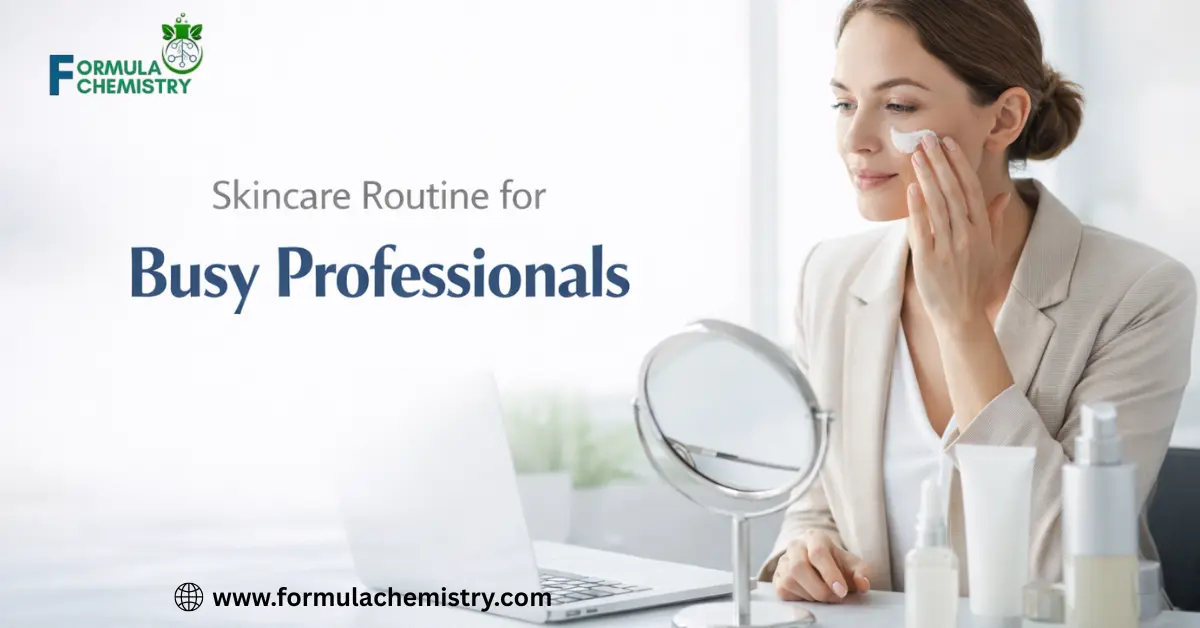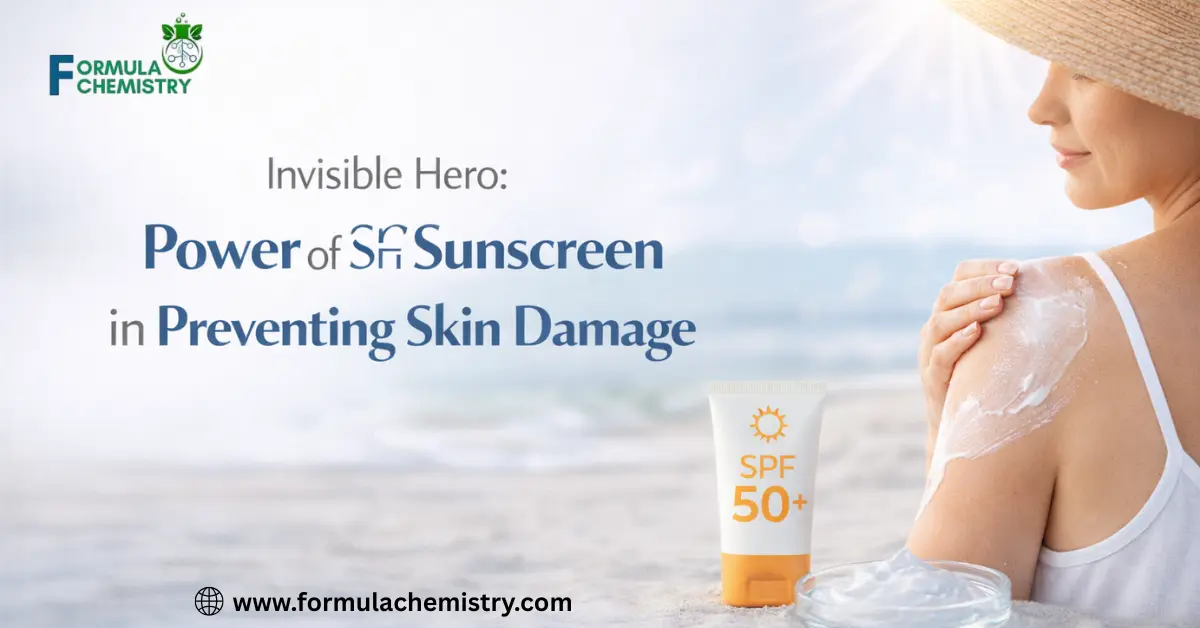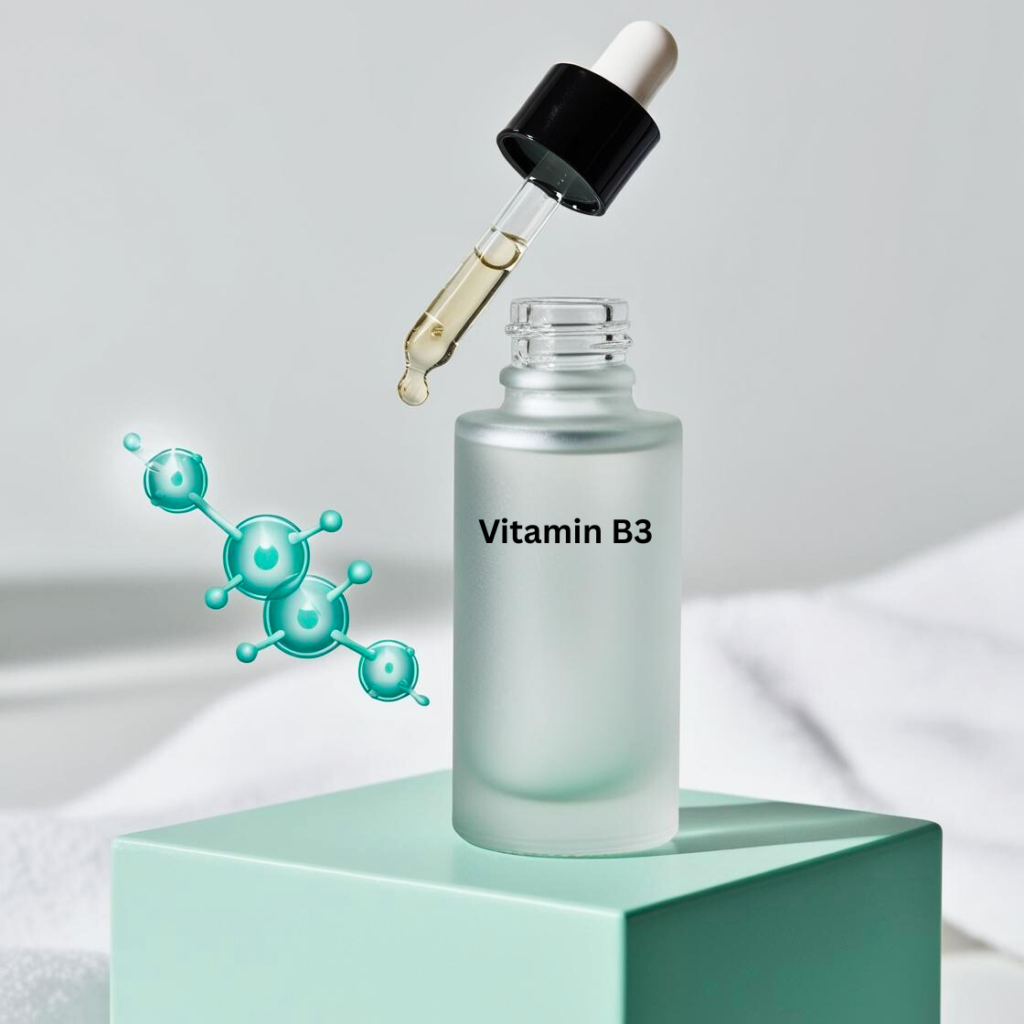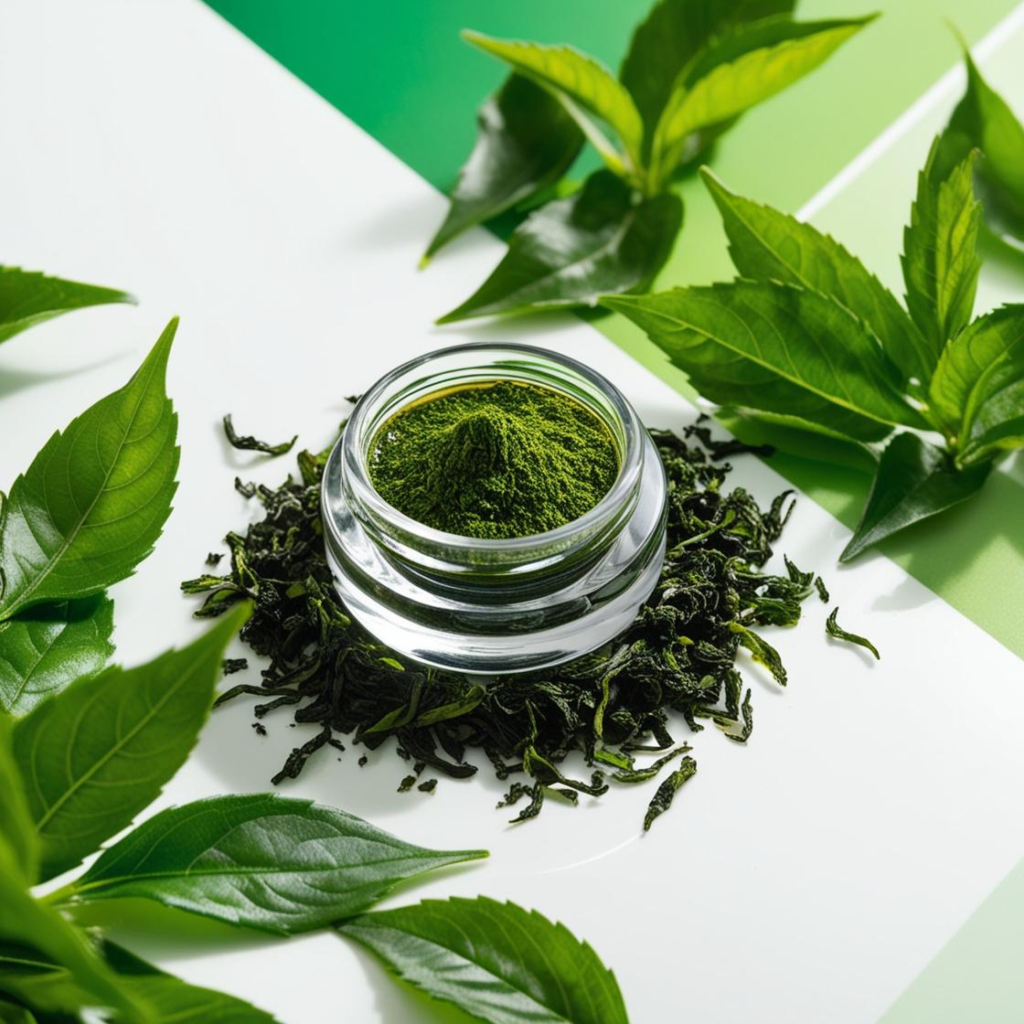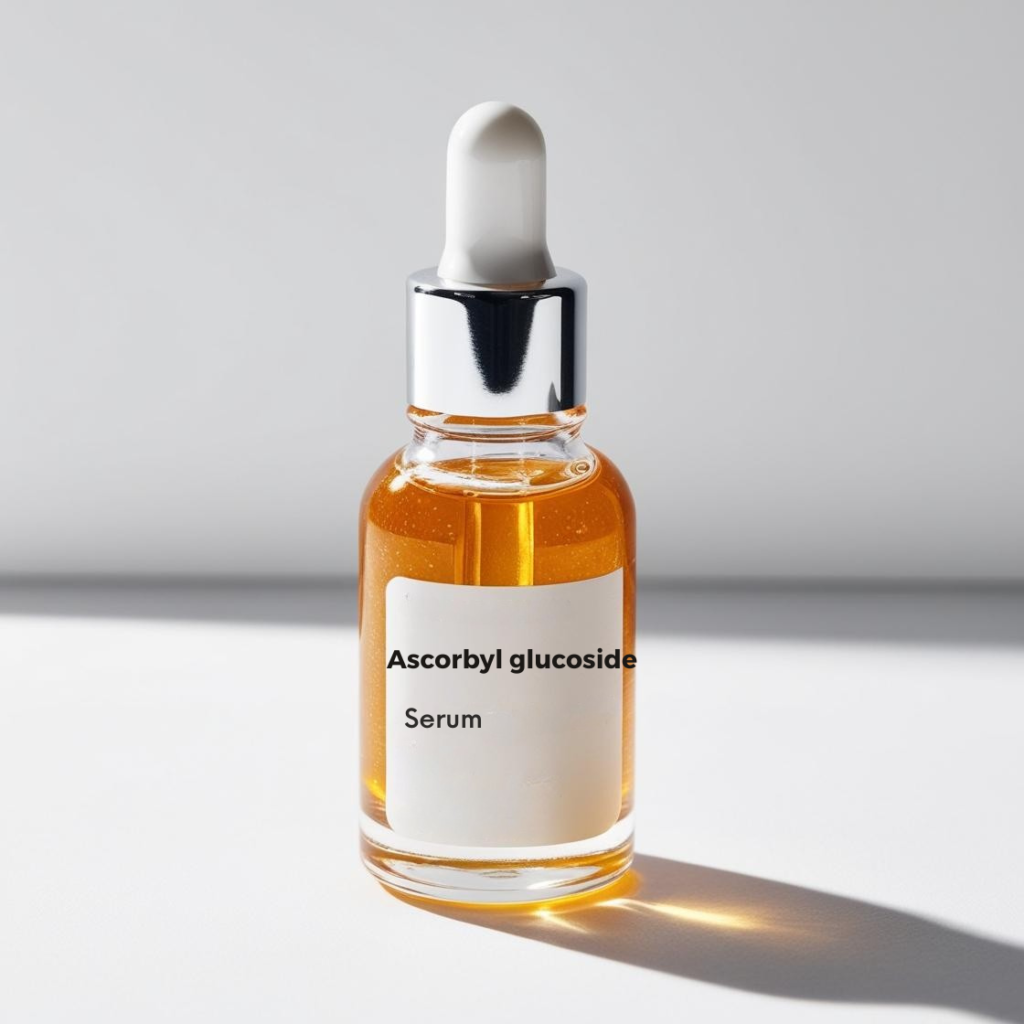INCI Name RETINOL
CAS Number 68-26-8 / 11103-57-4
Retinol is one of the most sought-after ingredients in skincare and cosmetics, offering a wide range of benefits. It helps neutralize free radicals and reduces signs of premature aging. Since this can initially cause sensitivity, combining it with hyaluronic acid can help alleviate its side effects. While the skin takes time to adapt, once it does, this can be seamlessly integrated into a daily routine.
Origin
Retinol is produced through the hydrolysis or acidification of retinal, which is initially derived by reducing a pentadiene derivative. As a vitamin A derivative, this offers significant benefits for the skin.
Purpose
The primary purpose of retinol is to accelerate cell turnover, stimulating collagen production and reducing wrinkles, acne, and hyperpigmentation for smoother, more youthful skin.

| Feature | Description |
| Name | Retinol |
| Type | Vitamin A derivative |
| Source | Animal sources (liver, dairy, fish), synthetic production |
| Ph | 5.5–6 |
| Color | Yellow to pale yellow |
| Odor | Mild to odorless |
| Solubility | Soluble in fats, oils, and organic solvents; insoluble in water |
| Concentration | 0.1% to 1% |
| Physical state | Crystalline or oily liquid |
| Boiling point | ~137–138°C |
Anti-Aging Properties
Retinol stimulates collagen production, reducing the appearance of wrinkles and fine lines. By promoting firmer and more elastic skin, it helps maintain a youthful complexion.
Cell Renewal
This powerful ingredient accelerates the natural cell turnover process, shedding dead skin cells and promoting the growth of new, healthy cells. As a result, it refines skin texture, making it smoother and more radiant over time.
Antioxidant Action
As a derivative of vitamin A, retinol acts as a strong antioxidant, neutralizing free radicals that contribute to premature aging. It protects the skin from environmental stressors such as UV rays and pollution, helping to maintain a healthier and more resilient skin barrier.
Acne Control
Retinol is effective in treating acne by preventing clogged pores, reducing excess oil production, and minimizing inflammation. It helps keep breakouts at bay while also improving overall skin clarity.
Skin Brightening
One of the key benefits of retinol is its ability to fade dark spots and hyperpigmentation. By regulating melanin production and accelerating cell turnover, it evens out skin tone, leaving the complexion looking brighter and more refreshed.
Lipid-Soluble
Since retinol is fat-soluble, it easily penetrates the skin’s lipid barrier, allowing for deep absorption. This enhances its effectiveness and ensures it works at a cellular level to improve skin health.
Sensitive to Light & Air
Retinol is highly sensitive to light and oxygen, which can degrade its potency over time. For this reason, it is often formulated in opaque, air-tight packaging to preserve its stability and effectiveness.
Gradual Effectiveness
While retinol delivers impressive results, it requires patience and consistency. The skin takes time to adjust, and visible improvements typically occur over several weeks to months, making regular use essential for long-term benefits.
Works Well with Moisturizers
To minimize potential irritation, retinol is often paired with hydrating ingredients like hyaluronic acid or ceramides. These ingredients help counteract dryness and sensitivity, making retinol more tolerable for daily use.
Regulated Usage
Retinol is commonly used in skincare formulations at concentrations ranging from 0.1% to 1%. Higher concentrations may be more effective but can also increase the risk of irritation, which is why gradual introduction into a skincare routine is recommended.
Applications of Retinol in Hair and Skin
Skin Applications
Retinol is widely used in skincare due to its ability to promote collagen production and increase cell turnover. It helps reduce fine lines, wrinkles, and hyperpigmentation while improving overall skin texture. As an effective acne treatment, it unclogs pores, controls oil production, and prevents breakouts. Retinol is also known for brightening dull skin, evening out skin tone, and minimizing dark spots caused by sun damage or aging. Due to its potency, it is often incorporated into serums, creams, and treatments with hydrating ingredients like hyaluronic acid to reduce irritation.
Hair Applications
Although primarily known for skincare, retinol is also beneficial for hair and scalp health. It helps regulate oil production on the scalp, reducing excess sebum and preventing dandruff or buildup. By promoting cell turnover, it helps remove dead skin cells, keeping the scalp clean and healthy. Some hair care formulations include retinol to support stronger, healthier hair growth by improving follicle function. However, due to its potential to cause dryness, retinol is often combined with nourishing ingredients like oils and peptides in hair care products.

